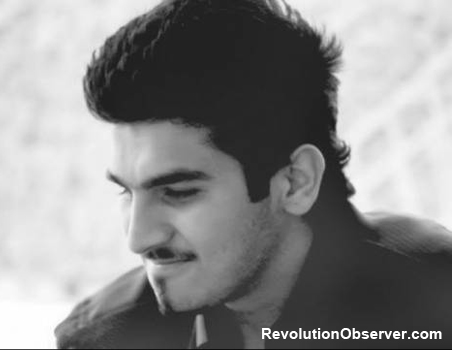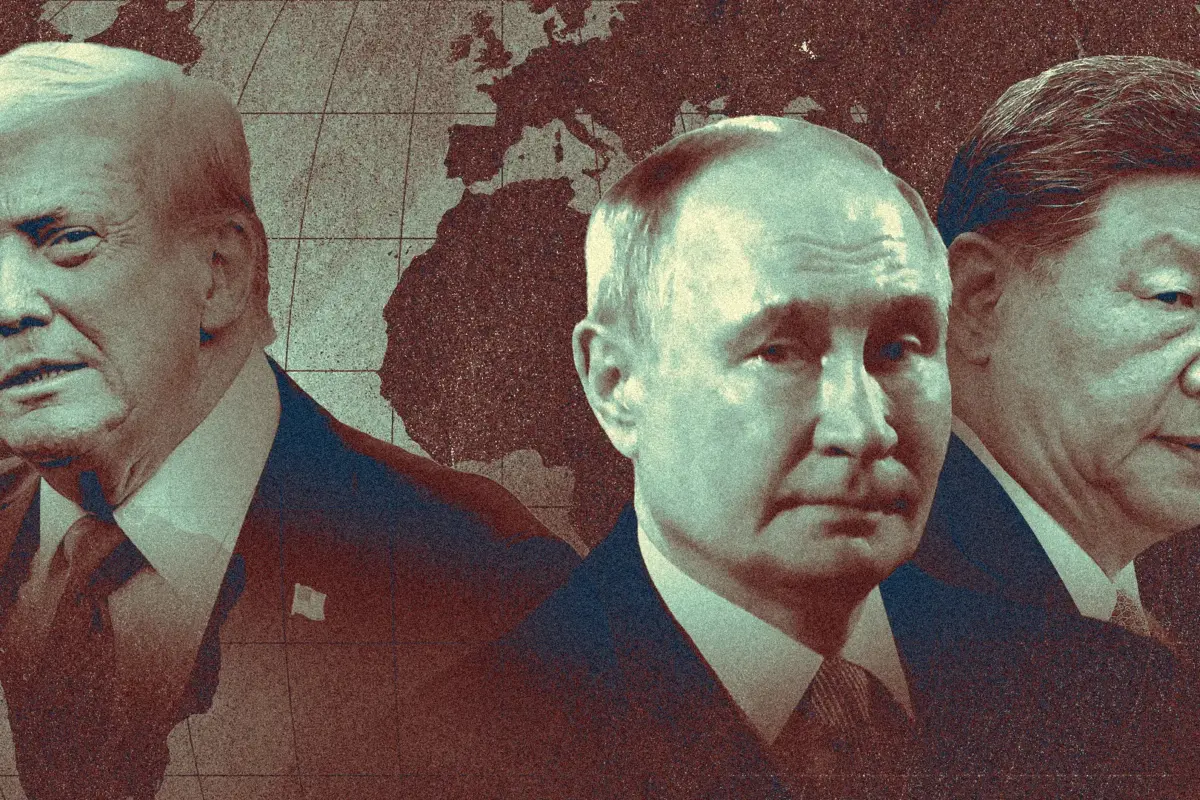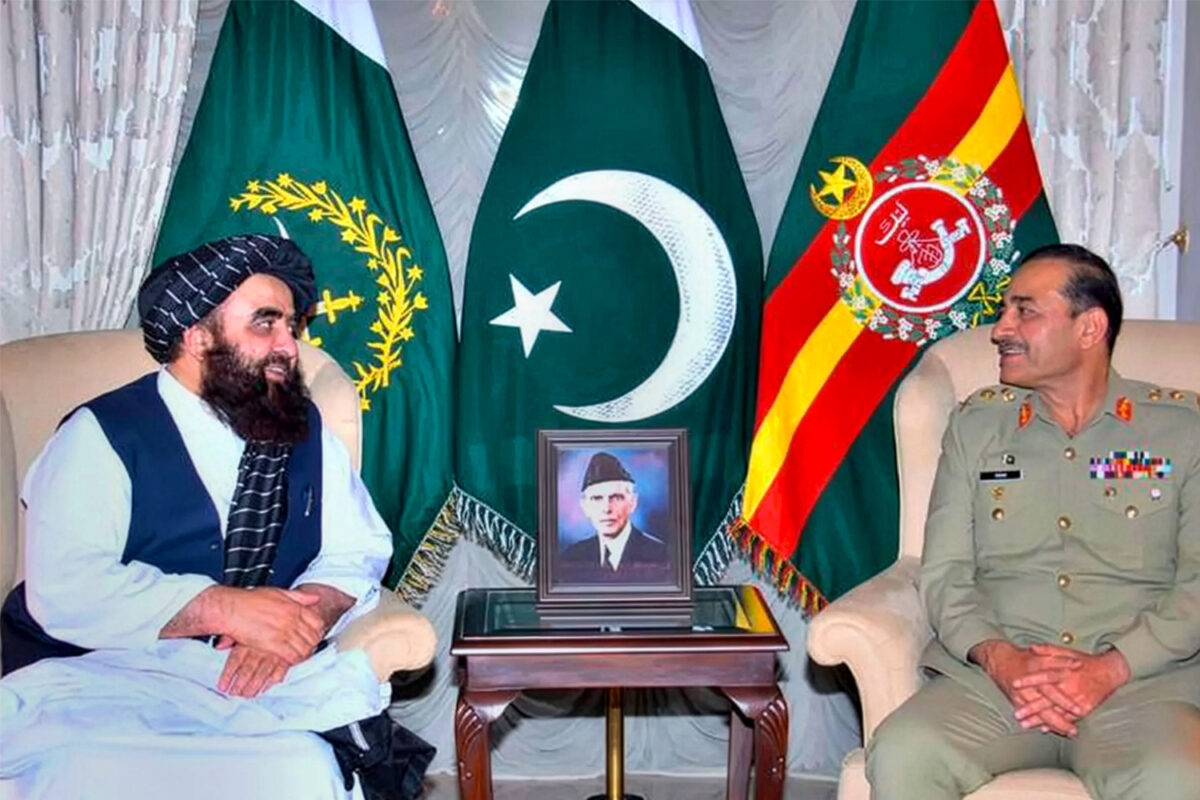By Bilal Khan
On 7 June an anti-terrorism court (ATC) in Karachi sentenced Shahrukh Jatoi, a man accused of murdering 20-year old Shahzeb Khan on December 25th 2012.[1] Shahzeb’s family initially struggled with attaining justice from Pakistan’s corrupt and dysfunctional legal system, but in January the Supreme Court intervened by ordering that the murder suspects be apprehended and tried.[2] Prior to the Supreme Court’s intervention however, Shahzeb’s father (himself a senior police officer) faced obstacles in registering the murder case.[2] This was because of the feudal-elite background of the accused, and it took the intervention of another prominent politician to simply get the case registered, much less pursued.[3] Protests and mounting pressure from young members of Pakistan’s middle and upper middle-class eventually pushed the Chief Justice, Iftikhar Muhammad Chaudhry, to take action.[4]
This is a significant case, since the country’s legal system rarely offers justice to members of Pakistan’s poor and middle class, particularly against wealthy and influential individuals.[2] However, swift justice where suspects of an elite socio-economic class are arrested a week after a crime and ultimately sentenced to death has very little precedence. Word of Shahzeb Khan’s murder caught on among youth in Pakistan’s upper middle-class, and had resulted in strong condemnation of not only Pakistan’s legal system, but its wider social and political structures, particularly in terms of how the elite are able to avoid justice as a result of their status in society.[3]
Given that the Supreme Court refused to address the acquittal and release of Raymond Davis in 2011, it is clear that adherence to any semblance of rule of law was not the court’s motive as it bypassed layers of provincial and municipal legal procedures in order to prosecute Jatoi.[5] Moreover, protests in Pakistan are fairly common, but the case of Shahzeb Khan was promoted by a class of influential Pakistani youth as a movement against Pakistan’s systemic corruption.[3] The Shahzeb Khan case confirms that Pakistan’s rulers are worried about dissent among Pakistan’s affluent youth. Moreover, the establishment’s rather soft and cooperative actions demonstrate that it does not want an open confrontation with those currently engaged in condemning the elite-favoured system of the country. Its willingness to quickly correct the injustices faced by Shahzeb’s family is an indication that the establishment has little confidence in its capacity to withstand a popular uprising, hence it would rather take conciliatory steps to diffuse such tension, before it escalates. The lesson for all people in Pakistan is that change only comes with rising up against injustice.
[1] Saher Baloch. “Shahzeb murder case: Shahrukh Jatoi sentenced to death.” Dawn News. 08 June 2013. http://beta.dawn.com/news/1016656/shahzeb-murder-case-shahrukh-jatoi-sentenced-to-death
[2] Andrew Buncombe. “Suspects found guilty and sentenced to death in Shahzeb Khan murder case.” The Independent. 07 June 2013. http://www.independent.co.uk/news/world/asia/suspects-found-guilty-and-sentenced-to-death-in-shahzeb-khan-murder-case-8649501.html
[3] Zainab Imam. “Shahzeb Khan case: A spectacle of Pakistan’s failed justice system.” Shahzeb Khan.net 12 June 2013. http://shahzebkhan.net/wordpress/?p=2619
[4]Kaswar Klasra. “Supreme Court takes suo moto of Shahzeb Khan killing.” The Nation. 02 January 2013. http://www.nation.com.pk/pakistan-news-newspaper-daily-english-online/national/02-Jan-2013/supreme-court-takes-suo-moto-of-shahzeb-khan-killing
[5] “High court: CJ refuses to hear Davis case appeal.”The Express Tribune.” 19 March 2011. http://tribune.com.pk/story/134413/lhc-cj-refuses-to-hear-petition-against-davis-release





